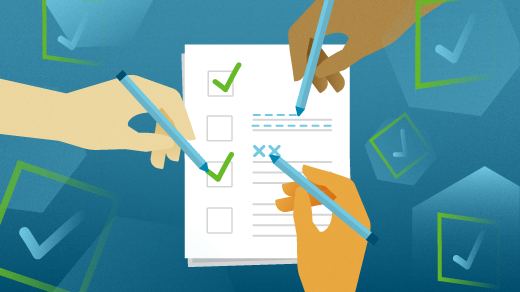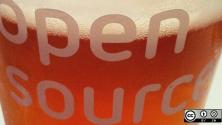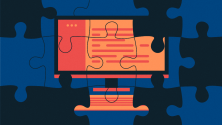"Every person's piece of individual information put together gives you a cloud of real knowledge."
Eymund Diegel, a research coordinator for Gowanus Canal Conservancy, shares this tidbit during the first clip of the new Open Source Stories documentary, "The Science of Collective Discovery." He's setting out in a canoe on an inner-city canal that is polluted and struggling to get the help it needs.
That's the theme of citizen science it seems: people and places in need who are not getting the help and resources they deserve taking matters into their own hands. Why are they not getting the help they need in the first place? The reason is shockingly simple yet a typical problem: Where's the evidence?
Where's the evidence the stream is not polluted beyond repair? Where's the evidence that your health problem is related to your neighbor's?
"If you have a low-cost instrument that's easy to use, then all of a sudden science becomes something that everyday people can do." Michael Heimbinder, Founder & Executive Director of HabitatMap, explains that access to tools that take good measurements solves the problem of getting that evidence. Plus, it has another key side effect: It brings people together in their communities to solve these problems. That togetherness creates momentum and problem-solving power.
Watch this documentary to learn more about Public Lab's red balloons for gathering data and AirCasting's open hardware device for measuring particulate matter with the help of concerned neighbors (UPROSE) on 3rd Avenue in Brooklyn.
"[Citizen science] refers to the rights and responsibilities that anyone on the planet has to participate in making new discoveries." Caren Cooper, an associate professor in Forestry and Environmental Resources at North Carolina State University, weaves these two stories together during the 18-minute video, sharing how she sees citizen science changing the scientists and scientific research of tomorrow.







Comments are closed.